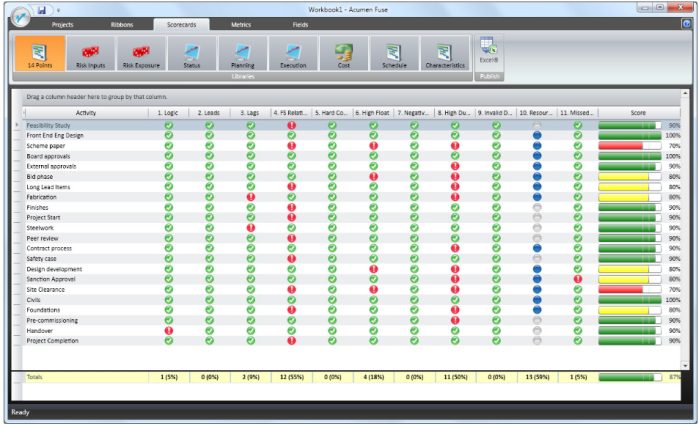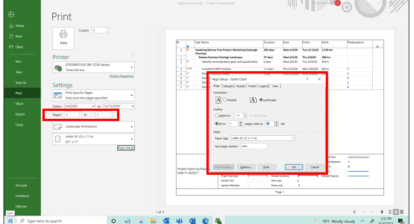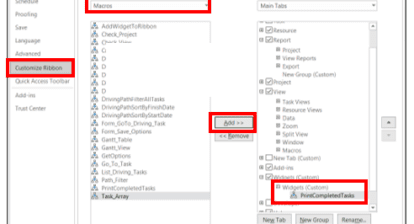Complex projects go bad weekly. During the first week of January 2011, these stories made headlines: A light rail project near Detroit is held up by project delays caused by federal environmental requirements; Indonesia’s state banks fail to meet infrastructure loan projects because of project delays due to land acquisition challenges; a regional board of education in New Jersey has to pay $4.6 million to settle claims with a construction company that said high school construction delays were due to project design problems; the agency in charge of infrastructure for the Commonwealth Games charges a contractor with mismanagement leading to multiple project delays.
It’s probable that each of these same projects made headlines as well when they were first starting up. But somewhere along the way the initiatives that began with such promise began to go off the rails, and none of the participants succeeded in stopping the derailments.
How often have you seen the situation where the project plan detailing the various activities is signed off on, the work begins, the schedule goes off track, and the fallout, project delays, and added expense appear to catch management totally by surprise? In each case, an experienced project manager with the right analysis could probably have foreseen the delays long before the problems became irreversible (or public).
What’s needed is some form of analysis to uncover inconsistencies in the schedule, potential risks, budget flaws, and anemic project performance. Armed with this information, decision-makers can then make informed adjustments to their planning as the work progresses.
This type of analysis, however, can be as complex as the projects themselves. Frequently, the data required is maintained in multiple sources — Microsoft Project, Excel, Primavera, XML schemas, or other tools. Often, analysts will perform arduous data imports, and then run the numbers through a hodgepodge of Excel macros to derive some understanding of the health of the overall project. But performing this type of activity on a regular basis can be erratic and time-consuming.
A new kind of data analytics tool is coming to the forefront to assist project planners in understanding the overall state of their project performance. Acumen Fuse, a sophisticated example of this breed of product, provides a library of metrics (and the capability to build custom metrics) that helps users pinpoint problem areas and activities within their plan. These metrics can then be applied to the project as a whole, or to a specific grouping of activities such as those with a common WBS, Location, or Resource assignment. Through additional analyzers such as the “Fuse Logic Analyzer” and “Fuse Forensic Analyzer,” users can check the quality of plan and compare multiple iterations of a schedule to pinpoint modifications.

Of course, analysis is only part of the equation. If that information can’t be communicated and understood by non-project management-savvy people, making a case for changing priorities, dates, or budget will be tough. Among standard reports such as heat maps for isolating high priority issues and analyst reports to generate a detailed view of project health, Acumen Fuse also includes an executive briefing that provides a quick-read synopsis of overall project quality.
According to the company, customers are using the product in three main ways: 1) in the planning phase to improve quality and realism of project bids and plans 2) during execution to accurately track performance and accelerate schedules that have slipped and 3) as the project nears completion, in order to perform project forensics to determine the root cause of delays and cost overruns through variance analysis.
Keeping a project on track in many ways is an art; but tracking a project is definitely a science. Applying appropriate analytical tools to project forensics can ultimately help organizations achieve the results they want by catching the vital details before they cause a project derailment.







